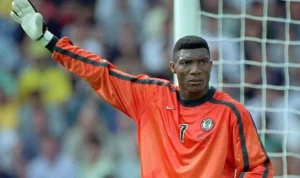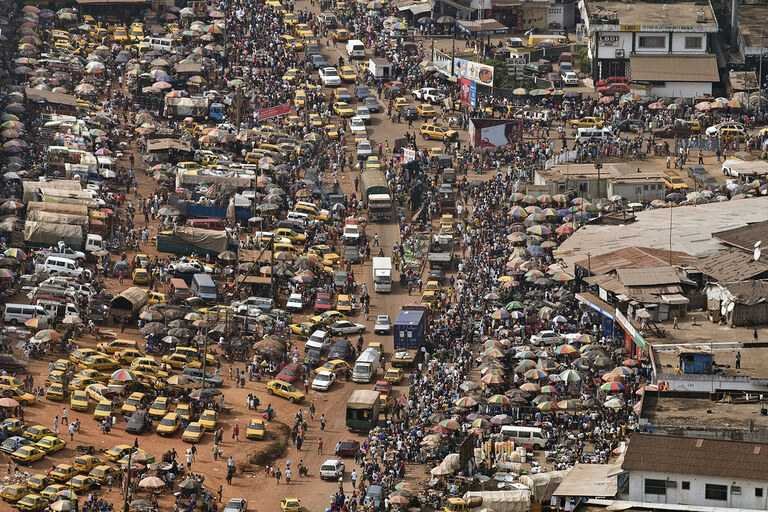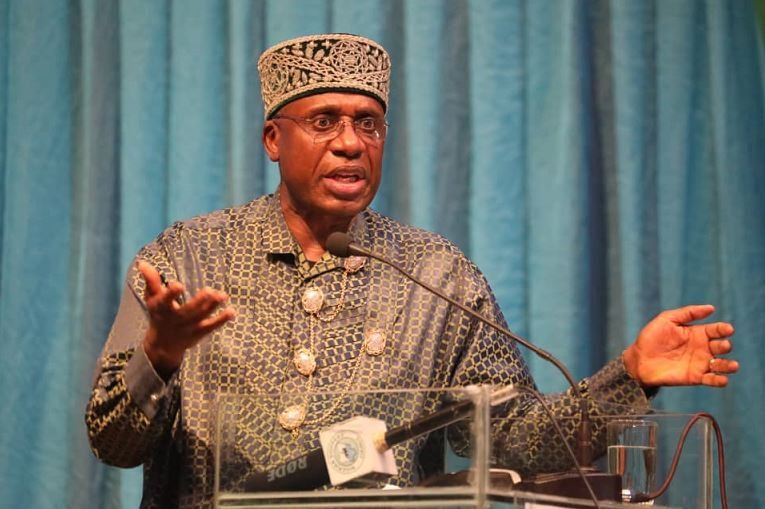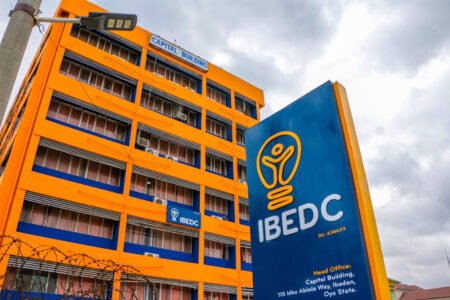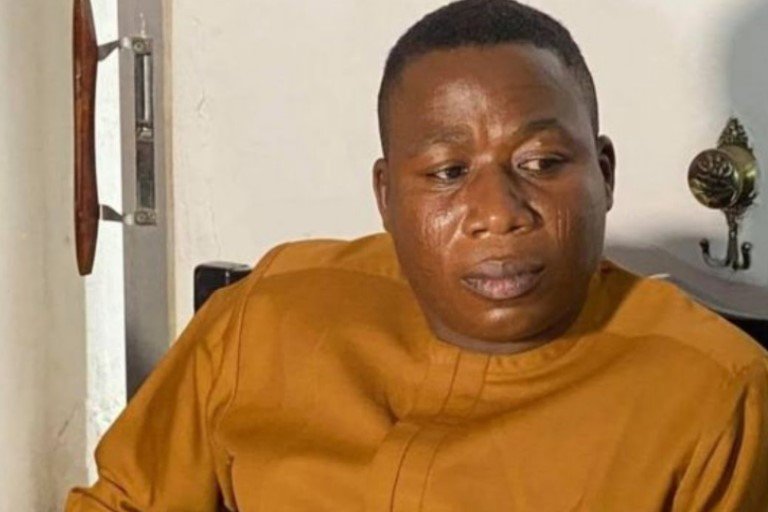A group of lawmakers in the Liberian Senate has proposed the location of Monrovia, the capital city, due to poor sewage and overpopulation.
The West African nation responded to the proposal in the Senate with a mix of enthusiasm and reluctance.
Flash floods triggered by torrential rains between the end of June and early July left nearly 50,000 Liberians in urgent need, the national disaster management agency said.
Overpopulation, a subpar sewage system, and a lack of building regulations all contributed to the particularly severe damage to the flood-prone capital.
In a meeting to discuss the persistent flooding problem, a senate joint committee in early July suggested establishing a new city to replace Monrovia.
“It’s a good idea because our current capital city is a mess,” said Chris Kpewudu, a young motorbike driver in the capital.
“There is garbage all over the city, and when it rains, there is flooding everywhere, but with a new city, it will be well laid out, and our capital city could look like, or more than, Abuja,” he added.
Nigeria’s Abuja is one of a handful of planned capital cities on the African continent.
Towards the end of the 20th century, Tanzania’s capitals, Dodoma and Yamoussoukro in Ivory Coast, established themselves as administrative capitals, with all three cities occupying geographically central positions in their respective countries.
Monrovia is home to 1.5 million people and lies on the Atlantic coast of Liberia, one of the world’s poorest countries.
The city is the economic, political, and cultural hub of the country, with the Freeport of Monrovia providing a gateway for Liberian exports, including iron ore, rubber, and timber, to reach the United States and Europe.
But the city’s poorly functioning infrastructure can barely keep up with its ever-expanding population.
The Ministry of Public Works told AFP it was carefully reviewing the proposal, adding that the plan did not yet include an exact location for the move and that any decision would come down to economic viability.
“Having a new city is capital-intensive,” said T. T. Benjamin Myers, the ministry’s communications director.
“As a country, our national budget is still around $600 million… Therefore, the establishment of a new city will necessitate careful consideration of numerous technical, financial, and economic factors.
‘Not a quick fix’
The proposal to replace the capital is not a new one in Africa’s oldest republic.
In 2012, then-president Ellen Johnson Sirleaf suggested relocating Monrovia to a new city called Zekepa in the centre of the country.
“We were all enthusiastic and looking forward to that,” Marayah Fyneah, the national program officer of the Liberian Women’s Legislative Caucus, told AFP.
“But unfortunately, we did not even see a plan to show what the city would look like,” she added.
Fyneah said she was sceptical that a new Liberian capital would ever materialise in her lifetime, given the failure of the previous attempt.
Some residents interviewed by AFP were also hesitant and said the government should first prioritise improving infrastructure and tackling poverty before searching for a new capital.
“Our lawmakers are forgetting the issues that we have on hand as a country. Even the city of Monrovia is poorly managed in terms of sanitation and a lot more,” said one commentator, the journalist Princess Elexa VanjahKollie.
Experts have also warned of the extensive urban planning needed to create a viable new capital.
“To establish a new city is not a quick fix,” Christopher Wallace, an economics lecturer at the University of Liberia, told AFP.
“You want to consider the economic activities that would make the economy vibrant in that area, and you must have done zoning to have a clear layout of what such a city will look like,” he added.

